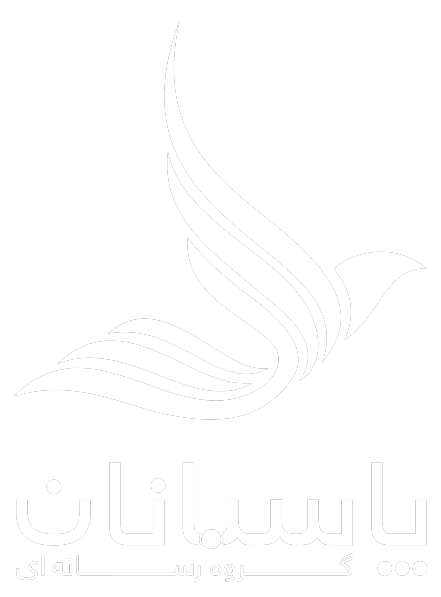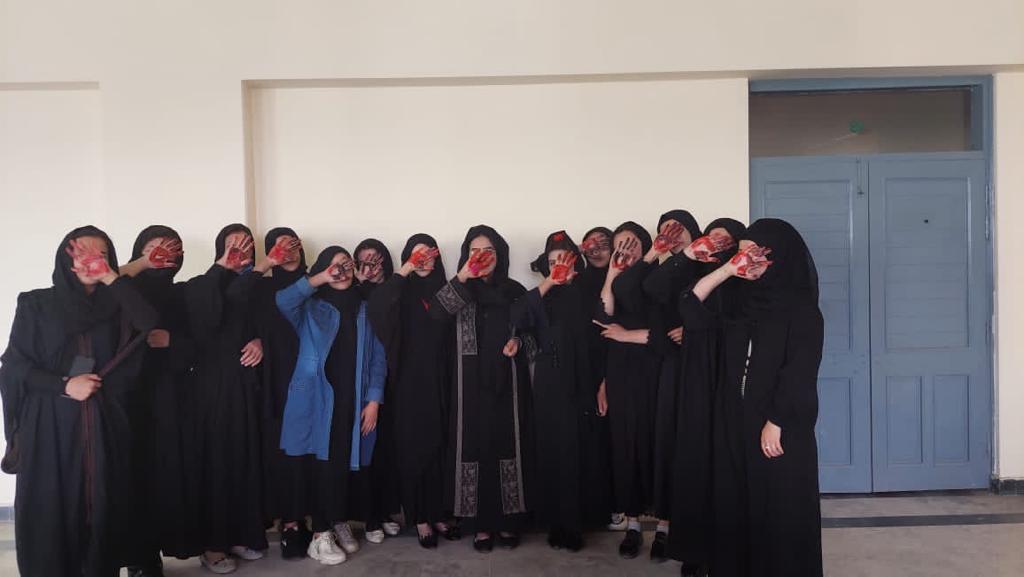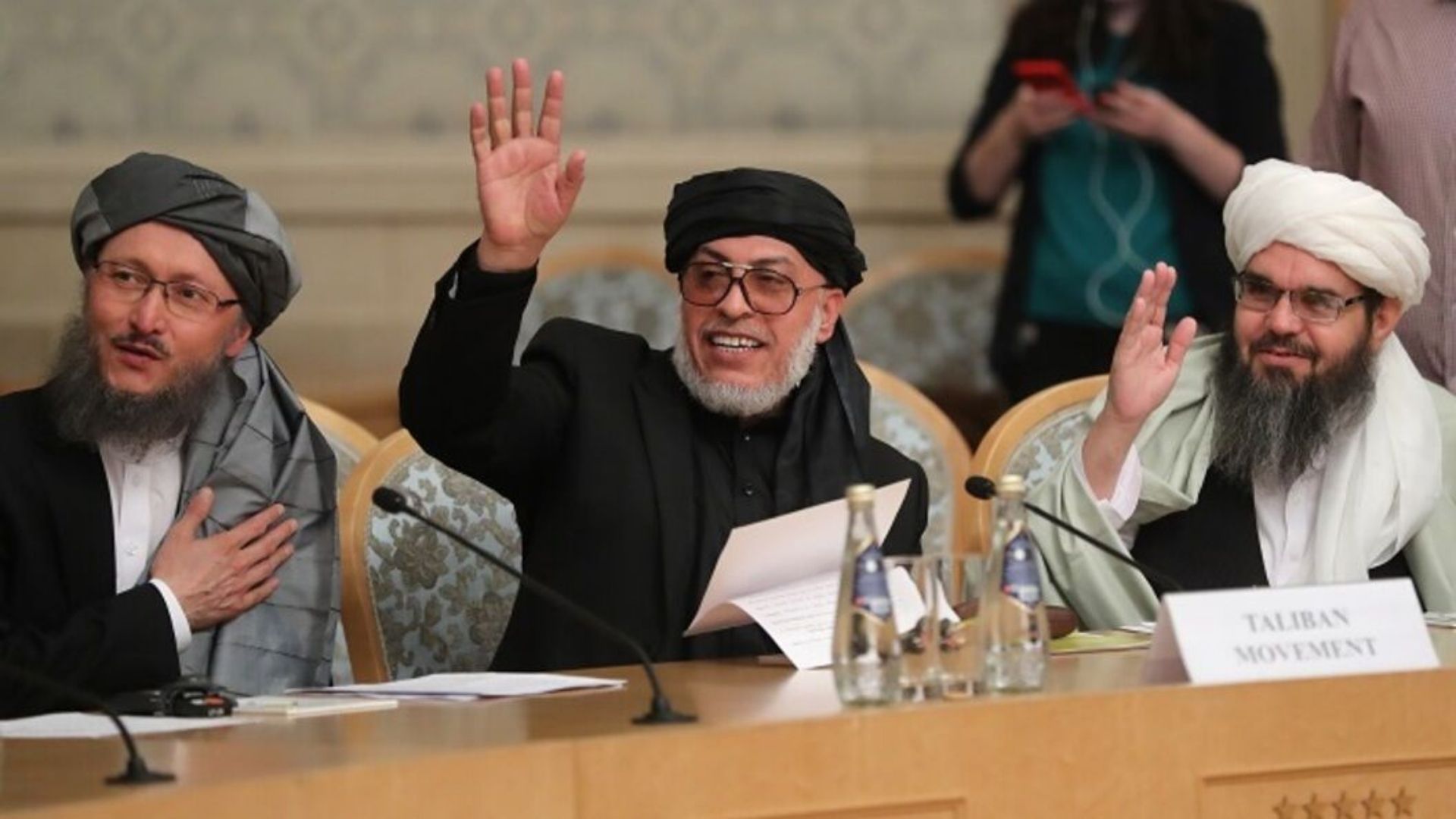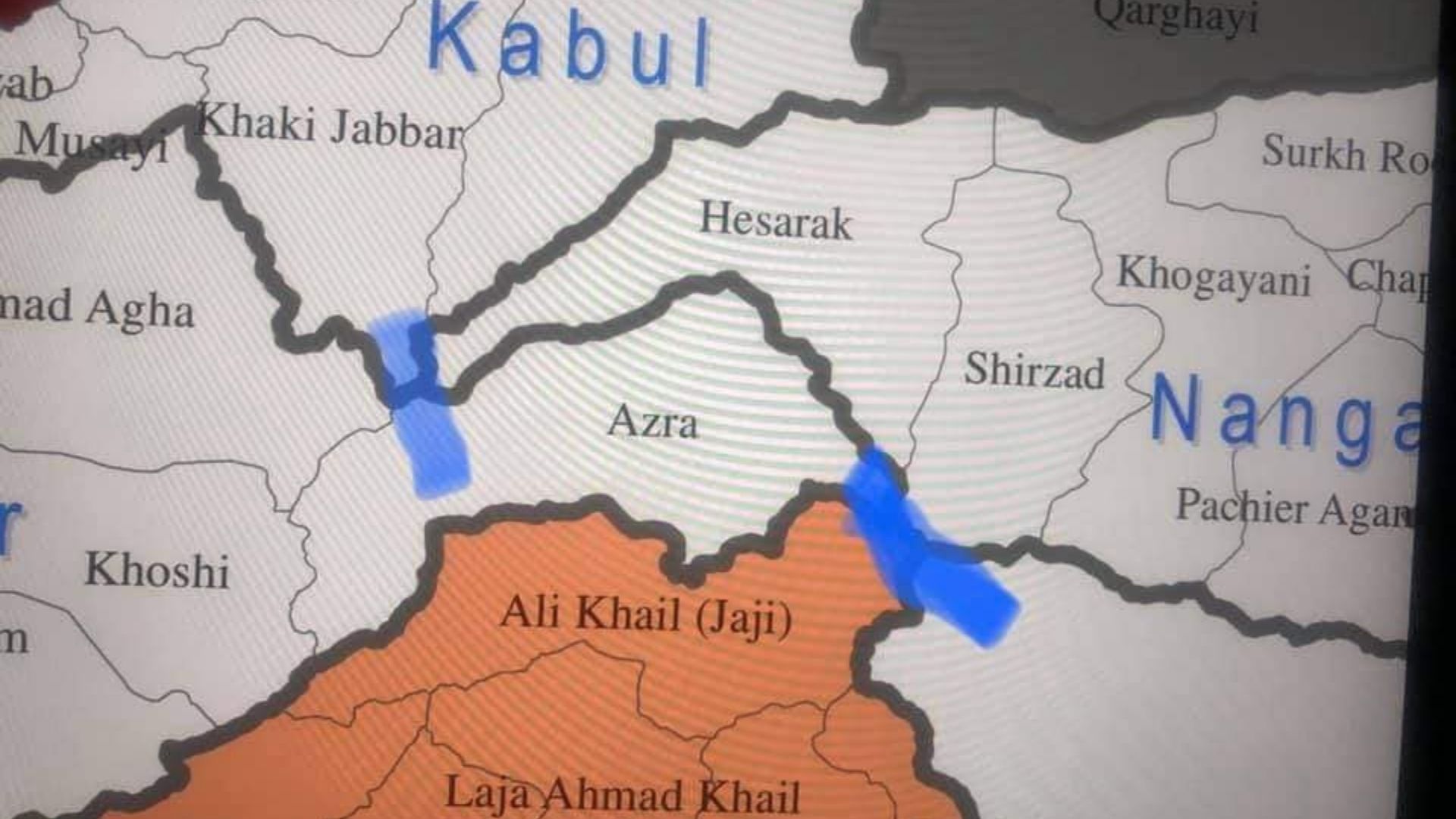At least thirty years before today, Dr. Najibullah, the former President of Afghanistan, appointed one of his close men named (Juma Asak) as the military commander for the North of the country.
The appointment of Juma Asak as the military leader for the northern provinces during Dr. Najib’s time was more ethnic choice than anything else. Perhaps most of Dr. Najibullah’s concerns were based on the further empowerment of Dostum.
President Najibullah thought that if the national movement led by Dostum gained more power in the North of Afghanistan for the central government, it would be so hard to control Dostum and his militia, so Juma Asak was a better option for the former President of Afghanistan.
But it was not long before that Juma Asak appointment sparked controversy and eventually led to the fall of the North. Since that, Dostum turned to a politically and military influential figure in the North of the country. Dostum allied with the Shora-e-Nezar or Supervisory Council, and this alliance led Dostum to seize power in Kabul and make Dr. Najib a refugee in the UN office based in Kabul.
Today, the history is repeated by Ghani as the era of Dr. Najibullah, Ashraf Ghani appointed Mohammad Dawood Laghmani as the governor of Faryab and again has aroused the dissatisfaction and anger of Marshal Dostum.
Eight days have passed since Dawood Laghmani was appointed as Faryab governor, but during this time, thousands of people have protested in front of the Faryab province office and prevented the entry of the governor elected by the President. In Faryab, the differences are likely to escalate. In response to President Ghani’s move and organizing peaceful protests, the movement fans also launched military exercises in Faryab. Some of the major regional powers, including Turkey, are involved in the latest demonstration of the northern provinces. Some unconfirmed reports say, and the main purpose behind these protests is the regional powers.
According to the author, President Ghani has the same fear of Dr. Najibullah against my friend that he might become stronger every day. If the political situation in his country goes into crisis, he will rise from the North and take control of several northern provinces. Make the government out.
But why is President Ghani afraid of provincial autonomy?
History has shown that neighboring countries have benefited the most from this situation in Afghanistan’s civil war. Each neighboring country has supported one side and its neighboring province in some way. In the wars of the 1990s, Afghanistan was an allied faction in the region. Moreover, the historical instability of the central government in Afghanistan has caused the region’s countries and supporting Kabul to turn a blind eye to local powers and non-governmental actors so that they do not lose sight of the worst-case scenario and the recurrence of the catastrophe. Therefore, the regional countries are in feat to do not drag the crisis into their territory.
But it should not be forgotten that Marshall Abdul Rashid does not have the power he had in Dr. Najib’s era in the current situation. The situation is different from the scenarios during Najibullah’s presidency.
It is believed that Marshal Abdul Rashid Dostum does not have the power of the 1990’s today and, from time to time, he launches political and military exercises for his survival, but the reality is that Dostum does not have the position of the 90s. General Abdul Malik, Ahmad Ishchi, Nizamuddin Qaisari, and a number of other prominent Uzbek figures in the northern and northeastern provinces of Takhar and Badakhshan are among the figures who are now relatively popular among this ancestry, and they have in fact succeeded. However, it has upset the balance of power of Dostum in the North of the country, and the forces committed to Marshal Dostum have lost their former cohesion more than before, so much so that General Malek, one of the prominent figures of the Uzbek people in his presentation, expressed his disgust with Dostum. He considered the popular movements in Faryab to be more based on the movements of Dostum’s family interests. He stressed that the people of Faryab should avoid becoming a tool to secure the interests of Marshal Dostum in the North.
Most importantly, many high-profile Uzbeks who were potentially followers of Marshal Dostum are now in the ranks of the Taliban, and not only do they not support General Dostum, but they are practically at war with him.
President Ghani is, in fact, a daring man and creator of exploits that in the current situation is never in the interest of the regime. Unnecessary experiences in one’s ranks that did not need to be created at all. He is not afraid of making a story and ruining the situation. One day he wrestles with Dr. Abdullah, another day with Ustad Atta. One day it upsets Ismail Khan, and one day he affronts Hamid Karzai and Zahir Qadir. Marshal Dostum and the President’s relations have always been full of quest, conflict, friendship, and dissatisfaction.
Even in the previous presidential election, he used Marshall Dostum to win the presidency. He becomes the vice president of his ticket to determine the fate of the presidential seat and then expels him to Turkey. So much so that the President, out of his unprecedented fear of Marshall Dostum, stripped him of all his powers, and Marshall Dostum danced like a toy for President Ghani, but immediately paid the reward for being with Ghani, and this cost the Uzbek people dearly who followed Marshall Dostum.
This seems to have worried the President, and this concern has been a significant factor in intensifying the political confrontation in the North. But historical experience has shown that more conflict is neither in the interests of the fortress nor in the interest of local powers. Moreover, lawmakers also believe that any confrontation and tension in the current situation could cause severe damage to the foundations of the system.


 Firdous Rasuli
Firdous Rasuli



